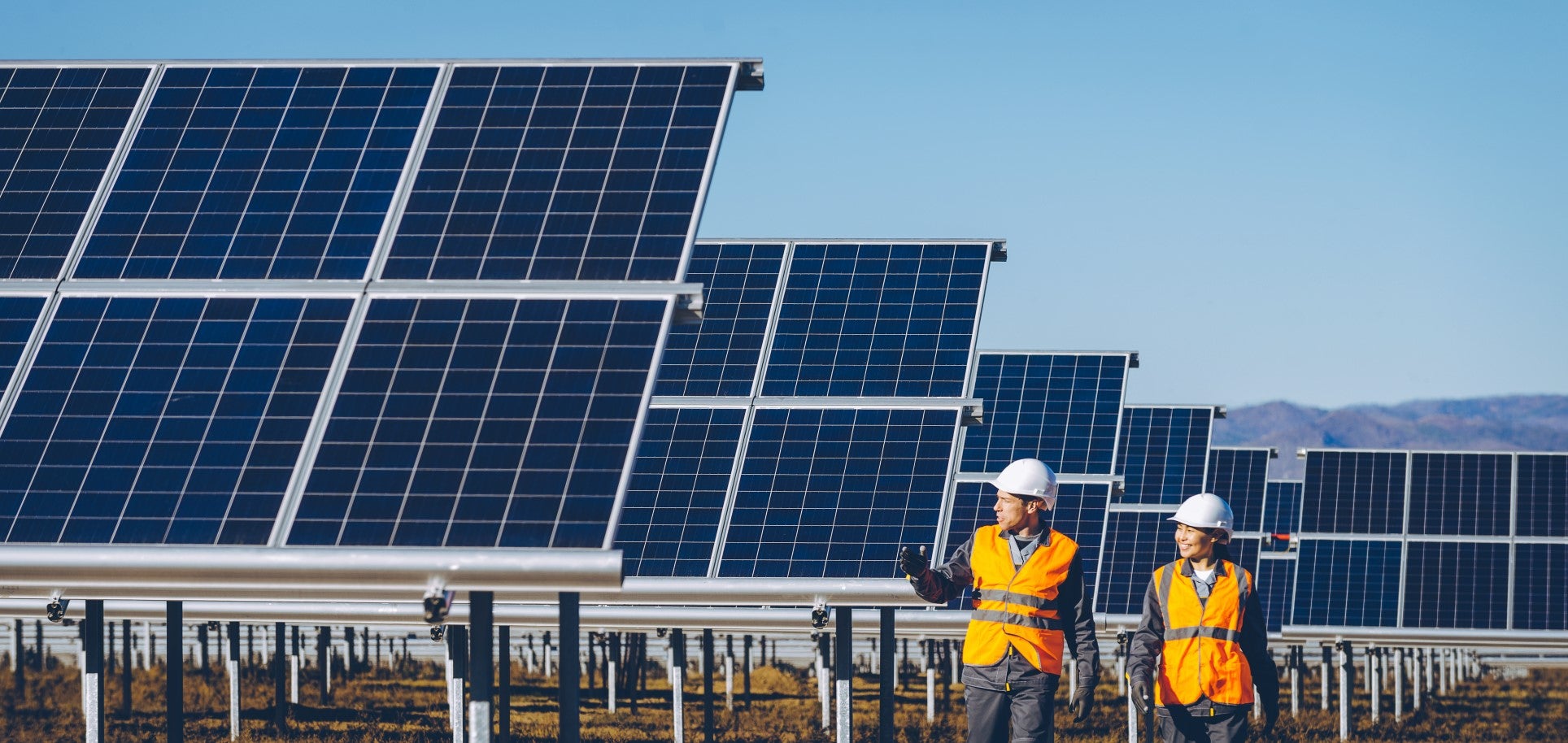Getting Brazil Climate-Ready One Sector at a Time #CRinBrazil

Since Mr. Gore first created it in 2006, the Climate Reality Project has become a leading global network shaping the conversation on climate. The leadership training in Rio was convened to take a deeper look into key aspects of the climate crisis. Mr. Gore led discussions and trained people on developing solutions that help prevent severe climate change impacts such as the water shortage in São Paulo and wildfires in Valparaiso, Chile.
How did the role of the private sector play into our week-long conversations? Mr. Gore described an interesting parallel regarding the evolution of two types of technology and its potential implications for the energy sector, inviting the audience to analyze the private sector’s role as a catalyst for market transformation. What do the dramatic and rapid growth in the adoption of cellular phone usage and current conditions for solar powered technology have in common with one another, and what lessons might that recent history have in terms of climate readiness?
As we all know, cellular usage rose at an unprecedented pace between 1980s and 2000s and solar power technology continues to rise as well. But what is the link between these markets and their exponential growth?
Mr. Gore provided us with three main similarities:
- One, the cost of the technology dropped sharply
- Two, the quality of the technology continued to improve dramatically over a short period of time, and
- Three, the purchasing decision or the decision to invest in the technology was becoming less a decision left to a utility or power company, but more often on taken by individuals, and in the case of solar technology, to businesses as well.
There is a direct relationship between rising temperatures and increases in energy consumption, on the one hand, and a company’s bottom line, on the other. In Brazil, investments in clean energy are no longer seen merely as a risk mitigation strategy, but rather as a proactive way to predict and reduce future energy costs.
During the training, solar energy was put forward as a key solution to the energy challenge, as it currently accounts for less than 1 percent of the country’s electricity capacity. This despite the fact that Brazil has some of the best conditions for solar energy in the world.
Brazil faces the challenge of finding low-carbon solutions to fulfil its electricity demands as both energy consumption and prices continue to rise. Brazil is the eighth largest energy consumer in the world, and the largest in the region, relying mainly on hydropower; as climate change continues to have an important impact on droughts, however, the country will have to realize the need to diversify its electricity matrix.
During the Climate Reality training, it became clear that solar energy can be one of the many solutions to the climate challenges Brazil faces. Investments in affordable, accessible and reliable technologies can result in a lower carbon pathway towards a sustainable economy.
LIKE WHAT YOU JUST READ?
Subscribe to our mailing list to stay informed on the latest IDB Invest news, blog posts, upcoming events, and to learn more about specific areas of interest.
Subscribe



